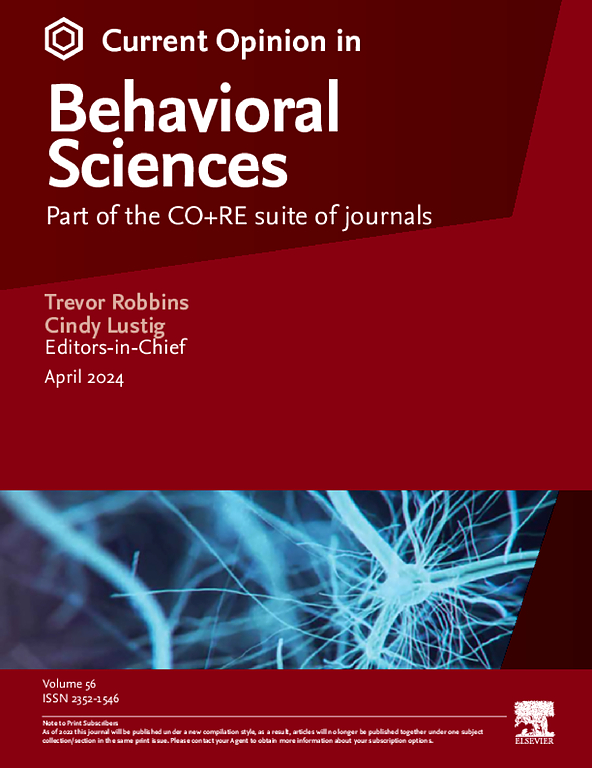通过社区参与研究欧洲学校隔离的思考及其与量化批判的联系
IF 3.5
2区 心理学
Q1 BEHAVIORAL SCIENCES
引用次数: 0
摘要
本文讨论了在没有收集民族和种族数据的欧洲背景下实施QuantCrit观点的挑战和机遇。它强调了欧洲的知识生产在分析学校隔离时往往忽略种族主义,使用国籍作为指标,这掩盖了制度性种族主义。社区参与的研究和QuantCrit方法有助于揭示种族主义造成的不平等。Salt的案例研究表明,反种族隔离政策如何未能考虑种族起源,从而使种族隔离永久化。文章的结论是,必须生成和使用反映教育系统中歧视和隔离动态的数据。QuantCrit的观点对于克服色盲和创造突出种族歧视和特权的战略至关重要。通过与受种族主义影响的社区接触,研究人员可以挑战主流分析,并有助于更公平地理解学校种族隔离。本文章由计算机程序翻译,如有差异,请以英文原文为准。
Reflections on studying school segregation in Europe through community engagement and its connections with QuantCrit
The article addresses the challenges and opportunities of implementing the QuantCrit perspective in European contexts where ethnic and racial data are not collected. It highlights how knowledge production in Europe tends to ignore racism when analyzing school segregation, using nationality as an indicator, which masks institutional racism. Community-engaged research and the QuantCrit approach help to reveal inequalities produced by racism. The case study of Salt demonstrates how anti-segregation policies fail to consider ethnoracial origins, thus perpetuating segregation. The article concludes that it is essential to generate and use data that reflect discrimination and segregation dynamics in the educational system. The QuantCrit perspective is crucial for overcoming color blindness and creating strategies that highlight racial discrimination and privileges. By engaging with communities affected by racism, researchers can challenge the dominant analysis and contribute to a more equitable understanding of school segregation.
求助全文
通过发布文献求助,成功后即可免费获取论文全文。
去求助
来源期刊

Current Opinion in Behavioral Sciences
Neuroscience-Cognitive Neuroscience
CiteScore
10.90
自引率
2.00%
发文量
135
期刊介绍:
Current Opinion in Behavioral Sciences is a systematic, integrative review journal that provides a unique and educational platform for updates on the expanding volume of information published in the field of behavioral sciences.
 求助内容:
求助内容: 应助结果提醒方式:
应助结果提醒方式:


